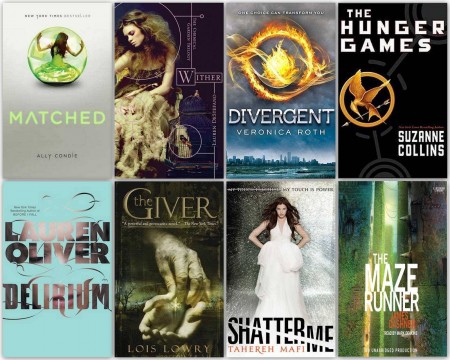Do you write for the market? Or do you just write novels, picture books and articles for yourself?
You’ll hear the advice both ways:
Write what you want to write so you can write the truest book you can write.
Write with the market in mind.
It depends on your writing goals.
If your writing is self-expression and you have other means of monetary support, then please yourself!
If your goal is a career as a writer, and becoming a writer who makes a living wage, then the answer is more nuanced. It’s not just write for the market; you must write what you want to write. But you must also find your audience.
Writers who have a long career seldom start off with a bang. (I once went to a conference where every speaker had sold his/her first book to the first editor who saw it. I went home and cried.) Instead, it’s a slow build of an audience who comes to your work one at a time. This means your writing is improving while your audience is growing.
However, this doesn’t give you the pass on considering the market and your audience.
Consider Your Audience
What is your audience reading? What is popular? That’s often the question that writers ask themselves and it’s a valuable one. Knowing the current market is vital. But you must go deeper and ask, “Why is my audience reading this type of book?”
For YA literature, for example, dystopian literature has been wildly popular for the last five years or so. Why? Because in times of upheaval, people reexamine their identity and challenge the very foundations of civilization–which is exactly the task every generation faces as they come to adulthood. Who are they? What will their life be like?

Perhaps a simplistic reason, but the idea here is to look under the surface of what is popular to find the reason for the popularity. Once you know the deeper reason, then address THAT in your next book. And do it in a new, fresh, exciting way.
When I approach an editor’s revision letter, I do the same thing. I don’t do every thing the editor asks for. Instead, I look for the deeper, perhaps unspoken concerns, and address those. Editors don’t need to be right; they just need to provoke you to move from your stubborn position and do something even more wonderful than they ever imagined. That’s what I’m asking you to do here. Look at trends in the marketplace–and transcend them. Find a way to answer the deeper concerns in a way that only YOU could do.
This is a really interesting way to approach the question of how to write something people will love. As this is becoming more of a concern for me, it’s giving me something to noodle on. Thanks, Darcy!
This article makes me think about what the market is out there. I have to dig deeper to find the subject matter that children want to engage in. It’s a difficult task. Where does one look? I want to give the children what they want to read so they can love reading what I am writing.
Lily:
It’s not that there’s a certain “subject” that kids want. Instead, they want relationships, approval, love. Or they want escapism, entertainment, a look at a new world. Story can give them these things in multiple ways, and there’s no right or wrong. There’s just connection. They don’t know what they need or want! They only recognize it when it comes.
Not helpful!
You can always look at the Publisher’s Weekly children’s best seller’s lists. Or to take another tack, look at the list of books popular with kids through the lens of the Renaissance Learning Accelerated Reader tests.
Darcy